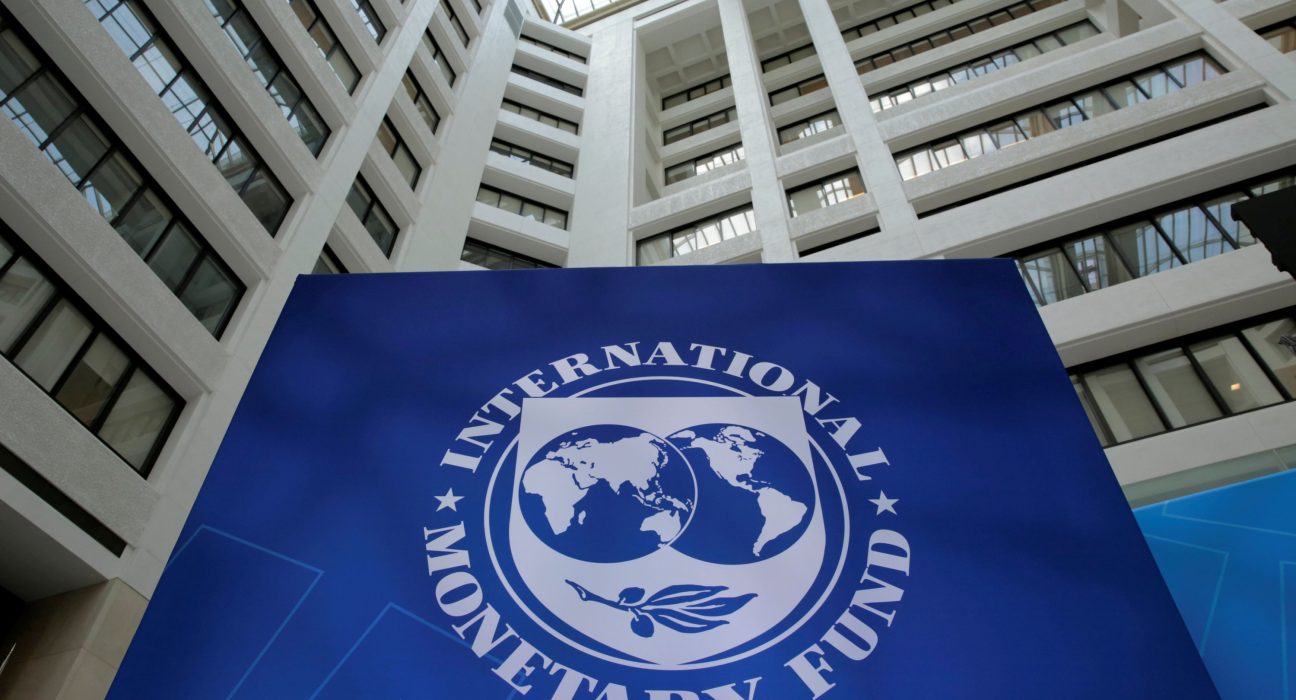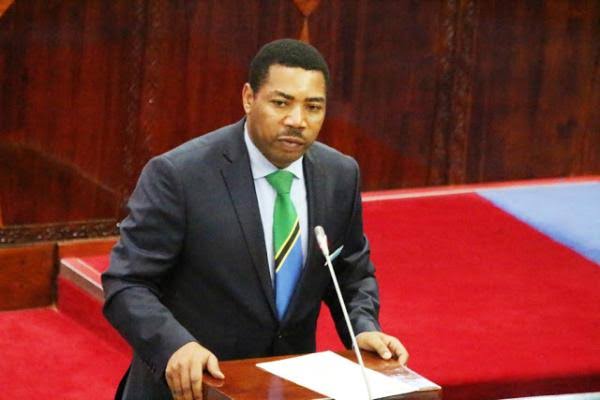The IMF concluded its mission to Tanzania in September 2025, reporting 5.4% growth in Q1 2025, low inflation at 3.4%, and strong performance in mining, agriculture, and manufacturing. In 2025, high gold prices and strong tourist arrivals are expected to sustain export momentum and help maintain a moderate current account deficit.
The IMF reported that Tanzania’s economic activity remains robust, with growth at 5.4% in the first quarter of 2025 and inflation at 3.4% year-on-year in August 2025.
Structural reforms are moving forward and are expected to accelerate to help Tanzania manage a challenging external environment, build climate resilience, and increase long-term growth potential. According to Blancher, the positive outlook faces downside risks, including a slowdown in the global economy and trade, reduced foreign development assistance, and geoeconomic fragmentation.
Domestically, risks include fiscal pressures and possible reform slowdowns related to the upcoming national elections, as well as insufficient and erratic rainfall that could affect both growth and inflation.
The IMF noted that fiscal consolidation was paused in the 2024/25 financial year to accommodate higher spending on education and health, clear domestic arrears, and mitigate the impact of reduced foreign aid. In 2025/26, strict implementation of the approved budget will be essential to create fiscal space for social spending while maintaining debt sustainability.
Read more at: https://www.tanzaniainvest.com/economy/imf-staff-visit-september-2025






